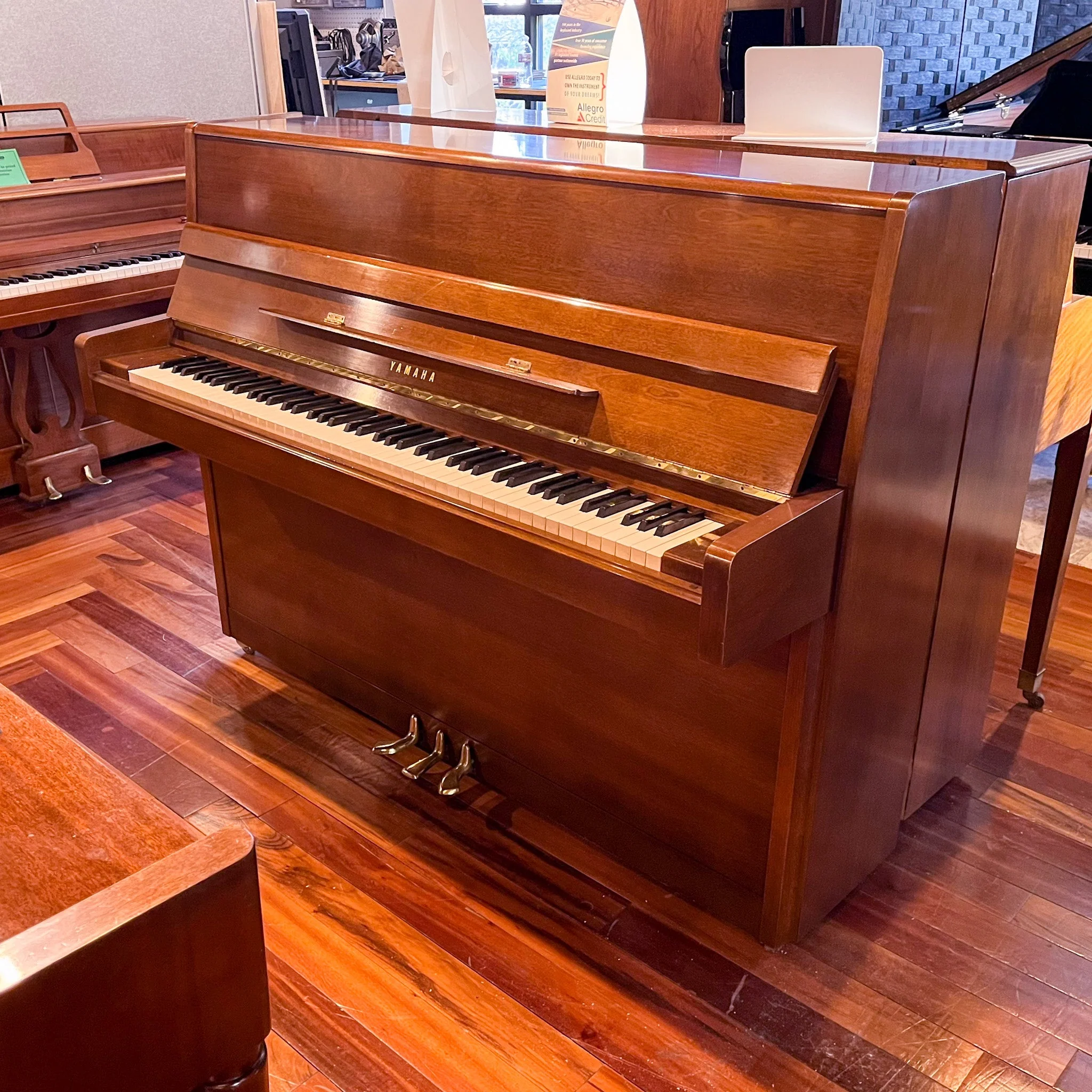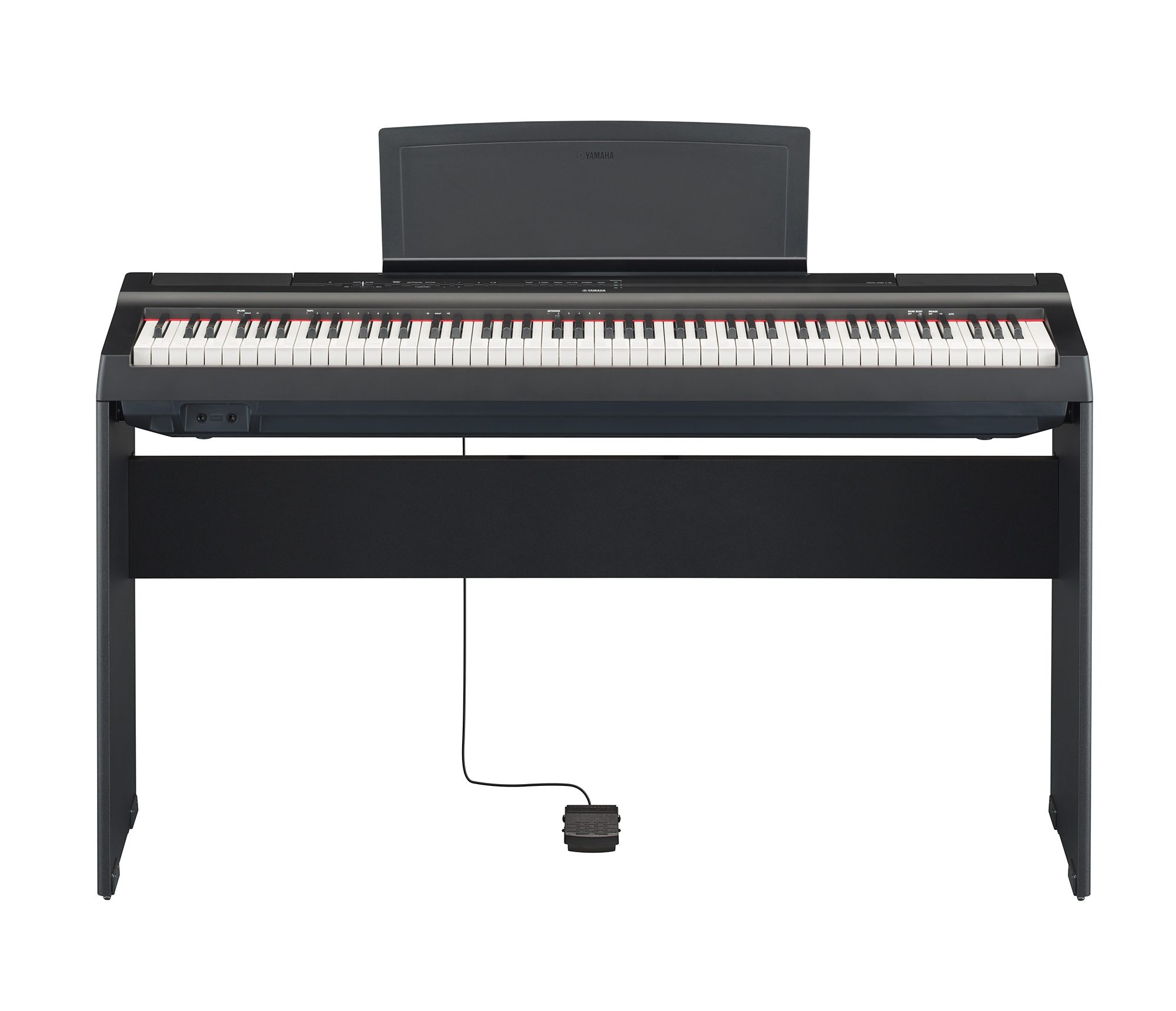Are you a parent wondering when is the right time for your child to start piano lessons? As a music teacher with years of experience, I can confidently say that this decision can be a tough one. On one hand, many parents want their child to begin learning an instrument as early as possible; on the other hand, some worry that starting too young may lead to frustration and burnout.
In this article, we’ll discuss everything you need to know about what age is best for your child to begin piano lessons. From developmental considerations and motor skills development, to finding the right teacher and fostering a love for music in your child – we’ve got you covered! So whether your little one already has an interest in tickling the ivories or you’re looking for ways to introduce them to the world of music, keep reading for expert tips and guidelines on when and how to begin piano lessons!
So, what age to begin piano lessons?
The best age to begin piano lessons varies from child to child, as each individual has their own unique learning style and development. However, experts generally recommend starting between the ages of 5-7 years old.
At this age, children have developed enough fine motor skills and cognitive abilities to understand basic music concepts and techniques. They also have a longer attention span compared to younger children, which is important for practicing and mastering new skills on the piano.
However, it’s important for parents to keep in mind that every child is different and may be ready at different times. Some children may show interest in music at an earlier age while others may not be interested until they are older.
It’s also crucial for parents to consider their child’s readiness and enthusiasm before enrolling them in piano lessons. If a child is forced into lessons too early or without genuine interest, it can lead to frustration and disinterest in playing the instrument.
Ultimately, the key is finding a balance between your child’s readiness and willingness to learn with guidance from an experienced piano teacher who can tailor lessons according to their needs. With patience, encouragement, and consistent practice, any age can be the perfect time for a child to start learning how to play the piano.
Understanding the Importance of Physical Readiness for Piano Lessons
Understanding the Importance of Physical Readiness for Piano Lessons
Just as athletes need to warm up before a game, pianists require a certain level of physical readiness before diving into their piano lessons. This includes not only finger dexterity and arm strength but also overall body endurance. Partaking in daily exercises aimed at increasing flexibility in your fingers can be extremely beneficial, especially when tackling complex musical pieces that demand rapid hand movements. Additionally, maintaining good posture and using ergonomically-friendly stools can aid in enduring lengthy practice sessions without causing undue strain on your back or neck.
- Finger Dexterity: Having flexible fingers is paramount for any pianist; it’s akin to a runner having strong leg muscles. Practice exercises such as scales and arpeggios regularly build finger strength and agility which are essential for mastering tricky passages.
- Posture: Sitting upright with feet flat on the floor assists in reducing fatigue throughout long practice sessions. It also aids in smoother playing by promoting unrestricted movement across keyboard.
- Ergonomic seating: Investing in an adjustable piano stool can make significant difference to comfort levels while practicing – ensuring you’re neither reaching too high nor bending too low over keys lowers risk of developing musculoskeletal problems.
In essence, understanding the importance of physical readiness for piano lessons, along with mental preparation, ensures that every minute spent at the keyboard is productive rather than draining. Given time and consistent effort towards these aspects will definitely pave way towards becoming proficient at this beautiful instrument.
Assessing Emotional and Intellectual Readiness for Beginning Piano Lessons
When delving into the world of piano lessons, certain factors should be considered – notably, emotional and intellectual readiness. Every individual is unique, with their own pace in grasping new skills. Additionally, learning to play an instrument can be emotionally taxing at times as it requires patience and determination. For children especially, there might be moments of frustration when they do not immediately master a piece or technique. By assessing their emotional maturity beforehand, you can ensure that they have the resilience required to overcome these challenges.
It’s essential for them to understand that progress may not always come quickly.
On an intellectual level,
the ability to concentrate and follow instructions is key for any beginner pianist. When starting out on the piano journey, students will need to learn how music works – from rhythm and melody to note reading.
- This means being able to focus during lessons,
- practice regularly at home,
- and apply feedback from their teacher constructively.
A child who struggles with attention might find these tasks challenging initially but remember, perseverance often leads to success over time! The ultimate goal here is finding joy in playing the piano, regardless of one’s initial aptitude or learning speed.
Read also: what age to begin piano lessons
Choosing the Right Piano Teacher based on Child’s Age and Interests
Does your child’s heart dance to the rhythm of piano keys? If so, selecting an ideal piano teacher can be crucial in their musical journey. However, this choice should not only consider a tutor’s qualifications and experience but also align with your child’s age and interests. The right fit can stir up passion and accelerate learning.
Determining Your Child’s Musical Interests
The first step is getting to know what kind of music touches your little one’s soul. Do they enjoy classic ballads or have a penchant for jazz? A potential instructor needs to be well-versed in their preferred genre. For example:
- If your kid loves pop music, you need someone who understands its catchy melodies.
- For classical aficionados, find someone who breathes Mozart and Beethoven.
This way, every lesson becomes a joyous adventure rather than a tedious chore.
Selecting Based on Age
Age plays another significant role when choosing the right piano teacher. Younger children require more patience from instructors as well as fun teaching methods that keep them engaged during lessons. On the other hand,
- A 5-year-old might respond best to an animated approach full of games and songs,
- Preadolescents might prefer teachers using more structured techniques such as reading sheet music,
Thus it is essential to choose somebody suitable for each stage of growth because at end days we want our kids not just learn but fall in love with playing instrument too!
 what age to begin piano lessons
what age to begin piano lessons
Fostering a Love of Music in Your Child: Tips to Encourage Progress at Home
Fostering a deep-seated love of music in your child can be an exciting journey. It’s like planting a tiny seed and watering it every day, watching as it grows into something beautiful over time. You may not see immediate results, but with patience and persistence, you’ll eventually notice the blossoming of their musical abilities. What does this look like at home? It looks like turning off the TV for a bit to listen attentively to different genres of music together or tapping out rhythms on the kitchen table during dinner. It could even mean singing silly songs while doing household chores.
Finding ways to incorporate music into everyday activities is crucial for fostering that love early on. But there’s more you can do.
- Create a musical environment: Have various instruments available around the house – these don’t have to be expensive; simple percussion toys will suffice.
- Nurture creativity: Encourage them to make up their own tunes or lyrics. This can be a fun activity during car rides or before bedtime.
- Sing together: Singing popular nursery rhymes, folk songs or pop hits doesn’t just build vocal confidence, it also strengthens your bond.
Remember: teaching music isn’t about pushing them towards perfection right away! Rather, aim for progress—no matter how small—and always celebrate those little victories along with way.
The goal here is cultivating passion and enjoyment because when they love what they’re doing, progress comes naturally.
You may also like: yamaha musical instruments
Conclusion: Making an Informed Decision About Starting Your Child’s Musical Journey
Taking the plunge and deciding to introduce your child to the world of music is a remarkable choice. It opens up a whole new realm of creativity, self-expression, and cognitive development for them. However, making an informed decision requires considering various aspects such as their interest level, readiness, best instrument for them and finding suitable classes or teachers.
Before making any moves towards signing them up for lessons or purchasing an instrument, observe your child’s natural inclinations. Do they enjoy rhythms and melodies? Are they constantly tapping on surfaces or humming tunes? If so, it might be time to start thinking about starting their musical journey.
- The Right Time: Every child is different; some may showcase signs of interest from early childhood while others much later. There are no hard-and-fast rules when it comes to age-appropriate initiation into music.
- The Right Choice: When choosing an instrument for your child consider their physical comfort level with it along with what sounds resonate with them.
- Finding The Right teacher/classes: A good teacher can make a huge difference in nurturing a love for music in children. They should promote fun engagement with music first before jumping into rigorous training.
In conclusion, starting your child on their musical journey is not something that should be rushed into without careful thought but approached holistically keeping in mind your child’s interests and abilities.

